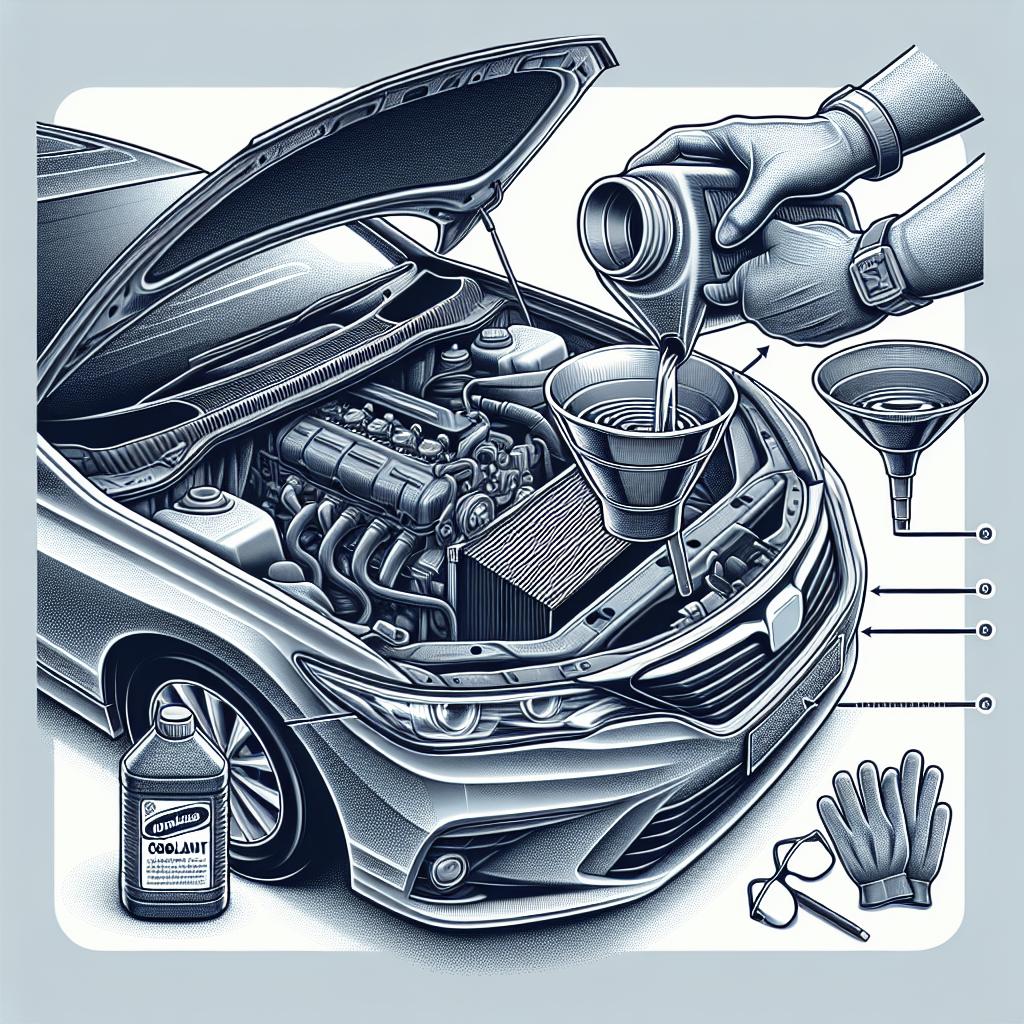“`html
How to Choose a Reliable Automotive Mechanic
Finding the right automotive mechanic can be a daunting task, especially when your vehicle’s performance and your safety are on the line. This guide is designed to help you navigate through the process, focusing on key aspects that define a trustworthy and competent mechanic. From assessing their expertise and experience to evaluating their reputation and customer satisfaction, we will walk you through the critical points. Additionally, we will consider the convenience and accessibility of their services, the transparency of their pricing, and how well they communicate and build trust. By the end of this article, you’ll be equipped with the knowledge to make an informed decision when selecting an automotive mechanic.
Assessing Experience and Expertise
Experience is a crucial factor when it comes to automotive repair. A mechanic with years of hands-on experience is likely to have encountered a broad range of issues across multiple vehicle models. This breadth of knowledge enables them to diagnose problems accurately and swiftly, ensuring your vehicle receives the necessary care. When choosing a mechanic, it’s beneficial to inquire about their years of service in the industry and any specific manufacturer training they may have.
Expertise, on the other hand, can often be reflected in the certifications and specializations a mechanic possesses. Look for mechanics who hold certifications from recognized automotive industry associations, such as the National Institute for Automotive Service Excellence (ASE). These certifications indicate a commitment to ongoing education and adherence to industry standards, providing an extra layer of assurance in their skill set.
Evaluating Reputation and Customer Satisfaction
A mechanic’s reputation is built over time and is one of the strongest indicators of their reliability and professionalism. Word-of-mouth recommendations from friends or family can be invaluable, as they offer first-hand accounts of past experiences. Additionally, online reviews and ratings on platforms like Google and Yelp can provide insight into how a mechanic interacts with their clients and handles issues.
Customer satisfaction often reflects on a mechanic’s ability to meet or exceed client expectations. Investigate whether the mechanic has a track record of completing repairs on schedule and within the quoted budget. Consistent positive feedback and high ratings are strong indicators of a mechanic who values their customers and operates with a high degree of professionalism.
Considering Convenience and Accessibility
The location and hours of operation of an automotive mechanic can significantly impact your decision. Ideally, the mechanic’s shop should be conveniently located, either near your home or workplace, to minimize travel time and disruption to your schedule. Flexible working hours, including weekends and evenings, can also be advantageous if you have a busy calendar.
Additionally, think about the types of services offered and whether they align with your needs. Some repair shops provide complimentary services such as shuttle rides or loaner vehicles. These extra conveniences can be a deciding factor when choosing between mechanics, enhancing the overall customer service experience.
Transparency in Pricing and Estimates
Pricing transparency is vital when dealing with automotive repairs, so select a mechanic who provides clear and concise estimates before starting any repair work. A reputable mechanic will break down the costs involved in parts, labor, and additional fees, ensuring you understand what you are being charged for.
It’s just as important to get multiple quotes to compare, which can help in identifying a fair market price for the services needed. Beware of exceedingly low estimates, as they may not include necessary services or could result in inferior parts being used. Honest mechanics will be upfront about costs and will also be open to discussing payment options, potentially offering financing opportunities for more extensive repairs.
Communication and Trust
Good communication builds the foundation of a trusting relationship with your mechanic. A reliable mechanic will take the time to explain vehicle issues in layman’s terms, outlining repair options and recommendations clearly. They should be approachable, encouraging questions and feedback.
Trust is cultivated over time, especially through consistent, high-quality service. Building this trust not only alleviates the stress of car maintenance but also ensures peace of mind when your vehicle requires attention. Situations that highlight transparency and a mechanic’s willingness to go the extra mile—for instance, pointing out potential future issues without pressuring extra services—can help establish long-term reliability and trustworthiness.
Summary of Main Points
| Criteria | Key Considerations |
|---|---|
| Experience and Expertise | Look for years of experience and relevant certifications. |
| Reputation and Customer Satisfaction | Check word-of-mouth recommendations and online reviews. |
| Convenience and Accessibility | Consider the location, hours of operation, and additional services offered. |
| Transparency in Pricing and Estimates | Seek clear pricing and detailed estimates; compare multiple quotes. |
| Communication and Trust | Ensure good communication and build trust over reliable service. |
“`


